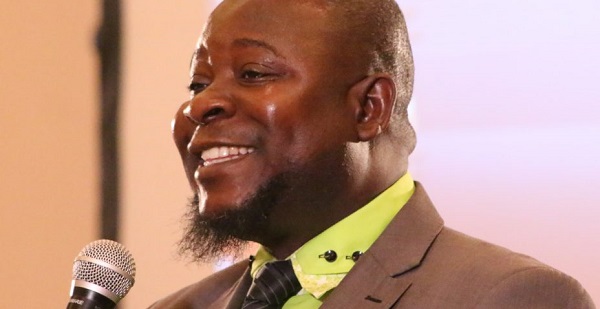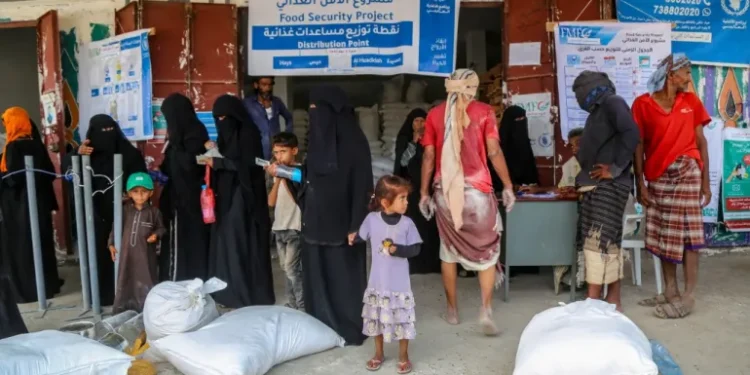A Senior Research Fellow at the Institute for Fiscal Studies (IFS), Dr. Said Boakye has said that the government’s Ghana beyond aid agenda has so far not been successful.
He said even though the trends have shown that grants and concessionary loans were declining, revenue generation has also been declining and when this happens, it will not be possible for one to go beyond aid. Dr Boakye said this when speaking in an interview with the Vaultz news.
“So, if you ask me, is Ghana beyond aid working? I will say, No, it’s not. Of course, this Ghana beyond aid does not even mean that government is not actively looking for aid, they are, but it is just not coming. Of course, physically you see concessionary lending and grants going down, but then if your revenue is not going up to meet it, then it is not successful”, says Dr. Said.
Trend analyses of the recent happenings when it comes to aid, particularly the grant component, shows that since this government came into power, grant to the nation has been going down. For instance, in 2017, the country received 1.53 billion dollars in grant. This reduced to 1.13 billion dollars in 2018 and in 2019, it reduced further to 0.9 billion dollars.
Similarly, growth in revenue has also been declining. In 2017, total revenue and grants grew by 23.3%, in 2018, total revenue and grant grew by 14.8%, in 2019, it grew by 12.1%. “So, you can see that revenue growth is also going down. And in terms of revenue to GDP, total revenue and grants stood at 16.2% in 2017, it decreases to 15.9% in 2018. And it decreases further to 15.2 % in 2019”.
Dr. Said said;
“So, while the grant component is going down, the revenue component is also going down. If you are not careful, you may think that Ghana is going beyond aid but the critical component in Ghana going beyond aid is its ability to raise revenue to finance its own developmental agenda. If grant and concessionary lending are going down but your revenue is not picking up, then it means your ability of going beyond aid is going to be messy”.
“That is why you are seeing a sharp build up in debts. And if you top it by so many policies the government is perusing now, free SHS, NABCO, 1D1F, you see there are so many things coming on board; grants and concessionary lending are going down, your revenue is also going down. You can only make it up by borrowing and that is not how you go beyond aid. That is why you are seeing a sharp build up in debts.”,

Prior to the 2016 elections, the NPP outlined the Ghana beyond Aid agenda. The Ghana beyond aid suggests that Ghana does not have to depend upon the multilateral and bilateral aid sources of finance. Aid comes in two forms; grant which is not usually payable and counted as revenues and concessionary lending which does not include commercial borrowing. These two components are defined as aid. Aid has been a very big component of government developmental agenda for quite a long time particularly since 1983.
The NPP government came into office arguing that they want this country to go beyond aid. Ghanaians bought into this idea because of the conditions that are mostly attached to aid by the donor countries. Going beyond aid also comes with the responsibility of the country to be in the position to take full control over her economic agenda and economic policy.
There has not been any formal assessment of the Ghana beyond aid ever since the NPP rolled on the policy as a form of accountability to Ghanaians. Many people believe it’s just one of the campaign promises that politicians make and just after they win power, it is swept under the carpet. Surprisingly, the 2020 manifesto launched by the NPP was also silent on the Ghana Beyond Aid agenda. Is Ghana no longer going beyond aid?























